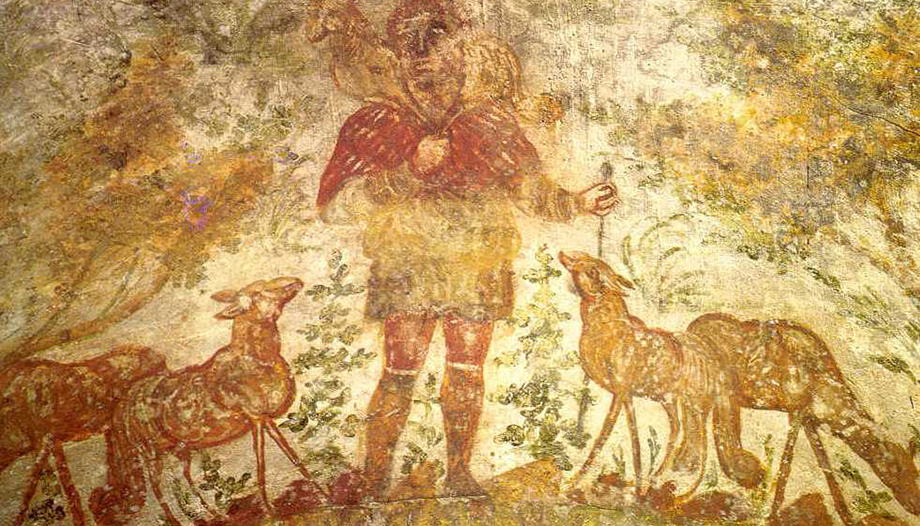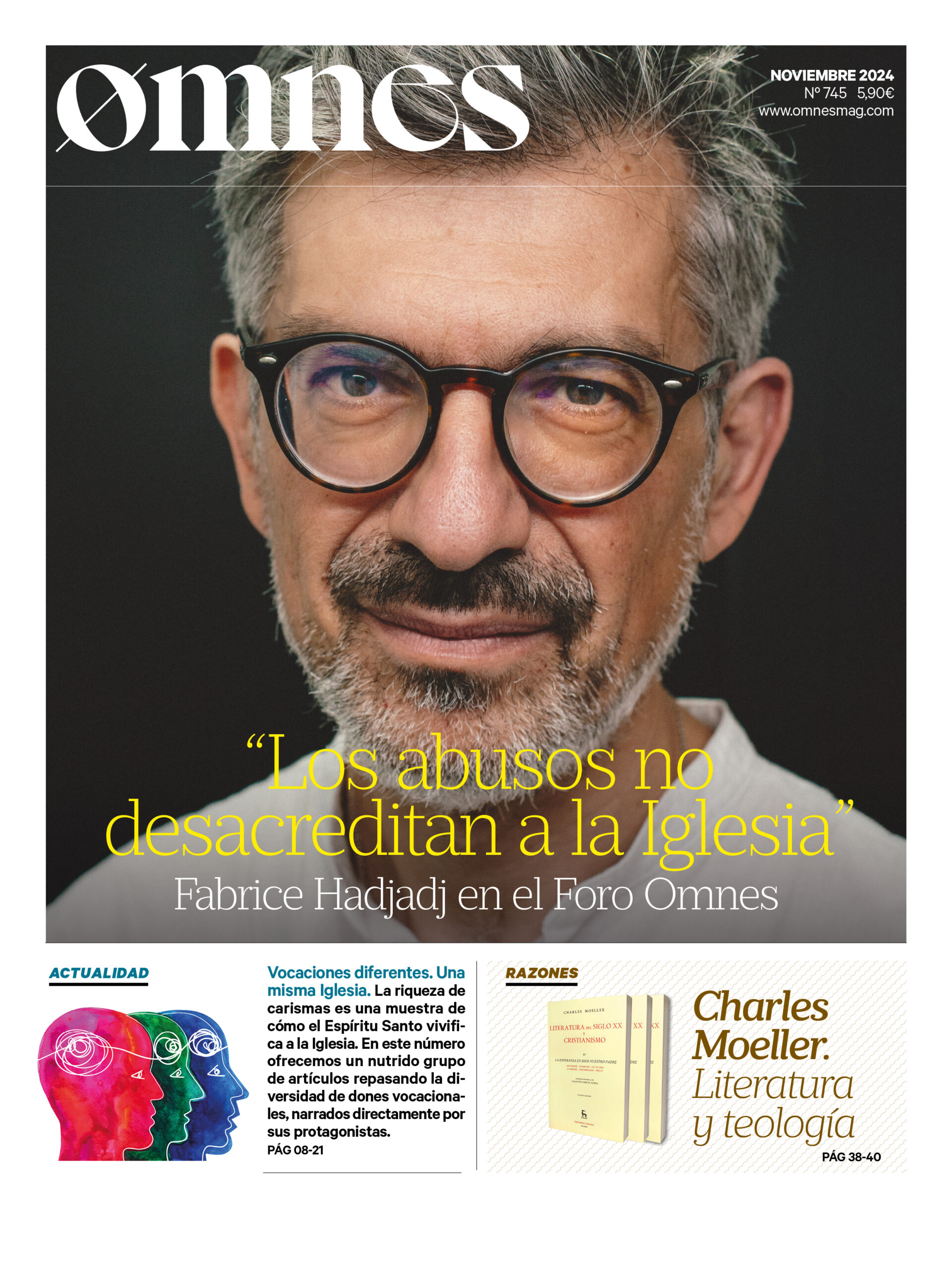The act of listening, in John's Gospel, often has the meaning of believing in the voice of God and obeying him. The first two disciples listen to the Baptist and follow Jesus. The Samaritans listen to Jesus and tell the woman that this is why they believe in him. Jesus says: "Whoever hears my word and believes him who sent me possesses eternal life and does not incur judgment, but has already passed from death to life.". The stoners of the adulteress hear what Jesus says and go away, leaving their stones behind.
In the discourse of the Good Shepherd, Jesus speaks a lot about listening: the sheep listen to the shepherd, but not to the thieves and robbers, and those who are not of the sheepfold. "they will listen to my voice and become one flock, one shepherd". Then some of the Jews say that he is demon-possessed and ask: "Why do you listen to him?". Instead, Jesus says of his sheep: "listen to my voice" y "follow me". This is derived from the relationship that Jesus has with them: "I know them.". It is a knowledge so intimate and true that it moves Nathanael in his first encounter with him: "How do you know me?"and leads him to believe in Jesus and to follow him. The experience of the psalmist is repeated: "Lord, you probe me and know me...from afar you penetrate my thoughts...all my paths are familiar to you." The eternal life that Jesus gives to his sheep is the participation in his own life from the beginning, and the future security of love that lasts forever: "They shall not perish forever." They will not be lost because of their intrinsic weakness, but neither will they be lost because of any external intervention that tries to steal them: "No one shall snatch them out of my hand." It is the hand of Jesus that blesses and heals, the crucified and resurrected hand that, shown to Thomas, will bring him back to faith. The hand that catches us if we fall. The Father loves the Son and has placed everything in his hand. The hand of the Son in which the Father has placed "everything" (Jn 3:35). It is the same hand of the Father, because "I and the Father are one".
We will not be torn from the hand of the Son nor from the hand of the Father by the persecutions of the synagogues, like those that the Jews unleashed against Paul and Barnabas out of envy when they saw the joy of the pagans converted by their words. Neither will the persecutions of the pagans, such as that of Diocletian, tear us from the hand of Jesus and the Father, "the great tribulation" who brought to the throne of the Lamb in heaven an immense multitude of people "that no one could count". Revelation quotes Isaiah but with the presence of the Lamb, the shepherd who leads us to the fountains of the waters of life, along with the ancient promise: "They shall neither hunger nor thirst anymore, neither shall the sun nor the heat hurt them... And God will wipe away every tear from their eyes.".
Homily on the readings of the Fifth Sunday of Easter
The priest Luis Herrera Campo offers its nanomiliaa small one-minute reflection for these readings.








